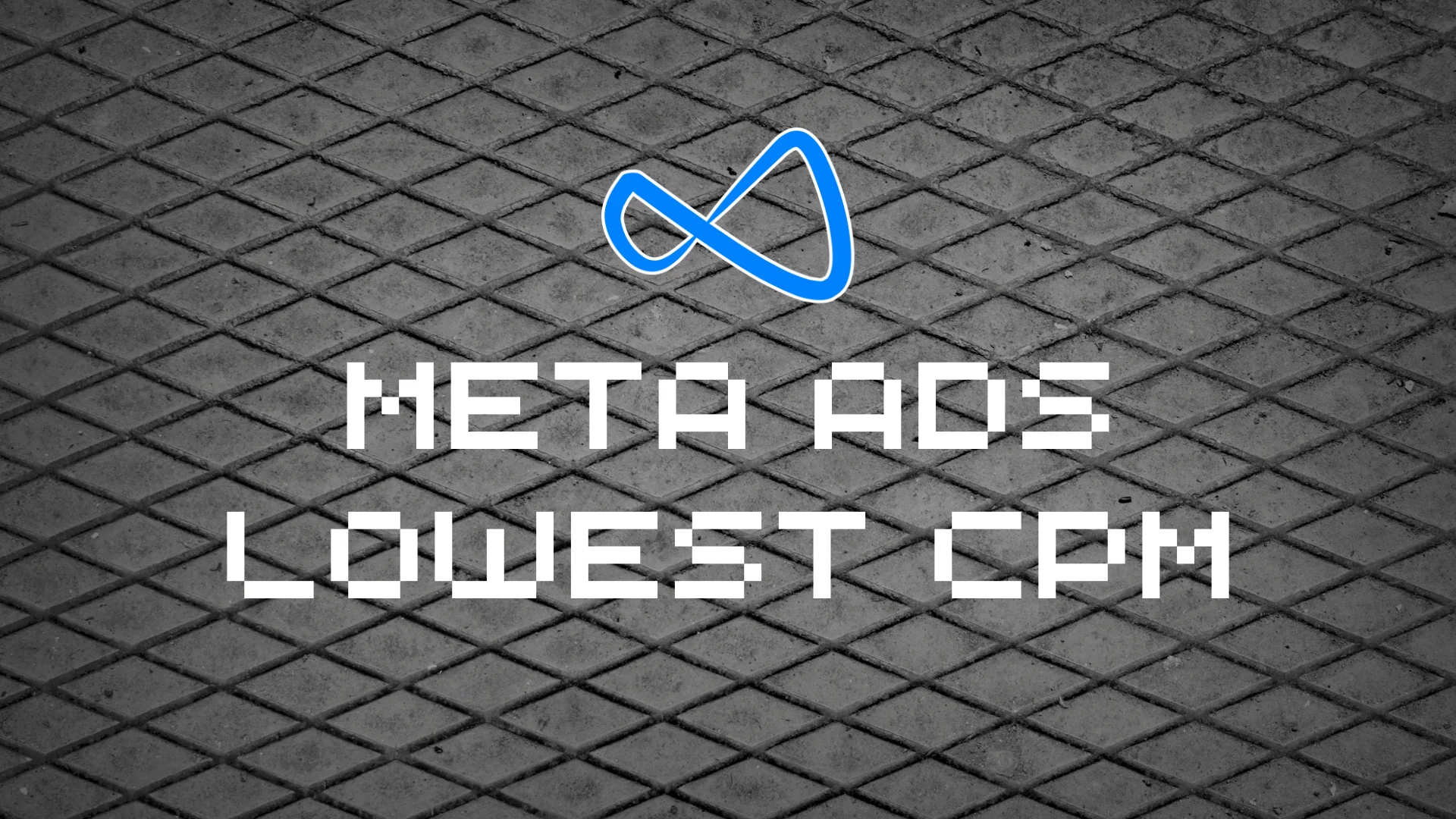As the technology landscape evolves, Google Gemini AI remains at the forefront of this change. Alphabet CEO Sundar Pichai first announced Gemini AI at the Google I/O keynote developer conference in May 2023. Gemini AI, developed by the Google DeepMind division, is a large language model that is set to revolutionize the field of artificial intelligence. The release date for Google Gemini AI is speculated to be in December 2023, and it is expected to be available on the Google Cloud Vertex AI platform. The tech community is eagerly awaiting the release of Google Gemini AI, as several companies have already had a preview of its capabilities.
Google Gemini AI, created by Google’s DeepMind team under the direction of CEO Demis Hassabis, is a collection of large-language models that can handle various data tasks. It can read and understand whole pages, including different types of content such as text, images, audio, video, 3D models, and graphs. Gemini AI surpasses existing AI models, including OpenAI’s ChatGPT, by using problem-solving techniques and advanced language processing. It aims to be multimodal, highly efficient at tool and API integrations, and enable future innovations such as memory and planning.
The aim of the Google Gemini AI project is to tackle complex problems through deep learning and reinforcement learning techniques. It has the potential to be used in various fields such as climate change, healthcare, aviation, food, and agriculture. Gemini AI has several best uses, including generating text, translating languages, creating new products and services, analyzing data, and answering open-ended questions. It has the potential to revolutionize our interactions with computers and improve our understanding of the world.
Gemini AI works by using machine learning algorithms based on prior recordings and future predictions to verify and self-approve title plant entries. It can read and understand document stamps, document types, legal descriptions, parties, and more. It uses a multimodal encoder and decoder architecture to convert different data types into a common language and generate outputs based on the encoded inputs and the task at hand.
Google Gemini AI has four different sizes: Gecko, Otter, Bison, and Unicorn. Each size has a different number of parameters and is designed for specific tasks and resource requirements. Gecko is the smallest and most lightweight version, while Unicorn is the largest and most robust version. The Gemini AI model is still in training and development, and Google plans to make it available through its Google Cloud Vertex AI service.
In comparison to OpenAI’s ChatGPT, Google Gemini AI offers several advantages such as larger size, multimodality, better memory and planning capabilities, and greater efficiency. Gemini AI has the potential for future improvements, while ChatGPT is already developed with less room for enhancements.
In conclusion, Google Gemini AI represents the future of artificial intelligence. With its multimodal capabilities, it has the potential to redefine how we interact with AI and solve complex problems in various fields. The tech community eagerly awaits its release and the opportunities it will bring.
Source link
























